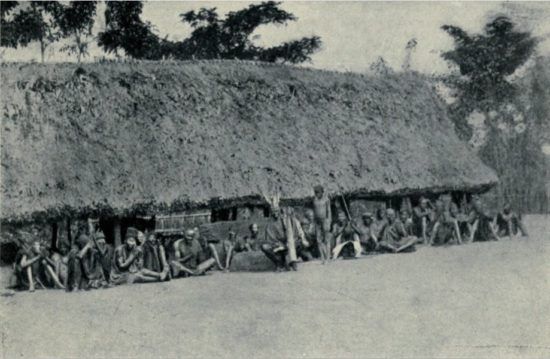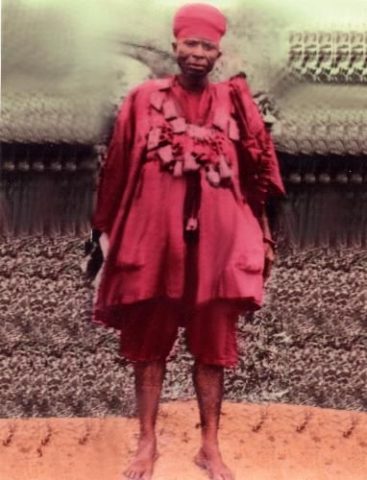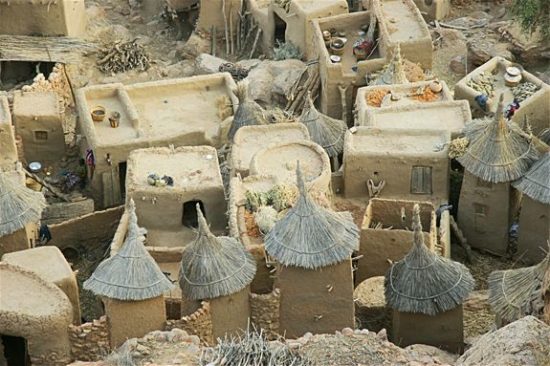The Owu war and the kingdom | Yoruba History
The Owu people are a significant set of people among the Yorubas. Their settlement is found all over the Yoruba land, and each unit constitutes itself an independent state.
Ago Owu in Abeokuta is where large Owus are settled.
Table of Contents
So Who are the Owu people?
Owu people are warriors and the first settlers outside Ife hence why they call themselves Owu lakoda (The first to be created).
They speak the Yoruba dialect of Yoruboid languages, and they first settled not far from the Osun river in the Ijebu area of Ogun State.
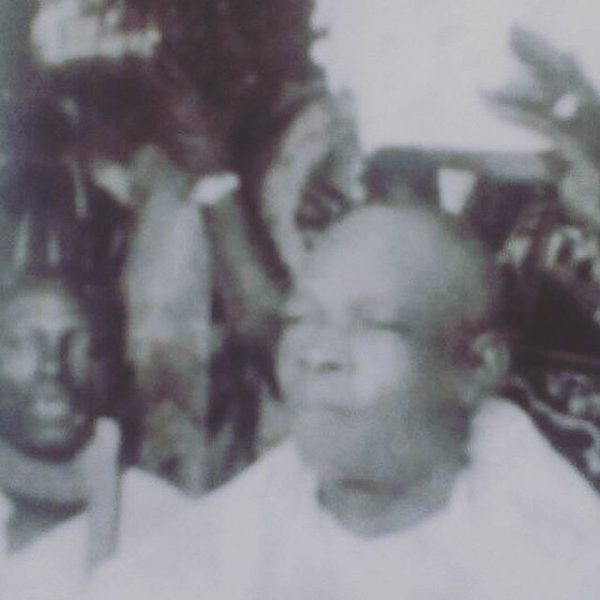
Facial Marks
The owu uses the facial mark called Keke Olowu, and the Abaja Owuto distinguishes themselves from other tribes.
The Owu War And The kingdom | Yoruba History – Origin
Long ago, before any kingdom was formed in Yoruba land, a set of civilized warriors created an empire. These sets of warriors and their families move about within the western region of Nigeria, and they played an essential role in the civilization of the ancient Yoruba kingdom.
The Owu people were soo civilized that they had a hierarchy that defines their dominance and authority led by the Olowu of Owu.
Owu villages and towns are found all over the Yoruba land as some Owu people established an independent township; before, the majority of Owu people eventually settled at Egba-Owu.
It took the Owu people decades before a king could be appointed after they migrated to egba. In 1855, the inauguration of king Pawu in Ago-Owu made him a first-class ruler, as he became the paramount ruler of all owu people in Yoruba land.
The kingdom is ruled by six ruling houses, Ayoloye, Akinjobi, Amororo, Akinoso, Otileta, Anigbua.

Owu Kings in Egba since 1855 are as follow:
- Pawu April 1855-1867
- Adefowote 1867-1872
- Aderinoye 1873-1890
- Adepegba 1893-1895
- Owokokade 1906 – 1918
- Dosumu I 19181924
- Adesina 1924 – 1936
- Gbogboade 1938 – 1946
- Ajibola 1949 – 1972
- Oyegbade 1975 – 1980
- Oyelekan 1987 – 1987
- Odeleye 1993 – 2003
- Dosumu 2005.
The Owu War
Owu people move about the region fighting wars while retaining family networks. There were no responsibilities for a particular gender; the group is generally responsible for defending their homestead and building dwellings.
It Brought the saying among the Yorubas that “A bi omo l’owu, e ni Ako tabi Abo; e wo ni kin se omo nibe”?. (A child is born in Owu, you are asking if its a male or female, which isn’t a proper child?).
The Owu people settled at a village called Dariagbon, next to Sifirin in Osun, when the Ife people started their war song as they thought Owu people could be conquered easily.
The Owu people annihilated Ife’s army, and those who survived were turned back by the king of Iwo. Iwo was founded shortly after the establishment of Owu
Not long after the Owus victory over the Ife, the Ijebu traders at Apomu fell out with the Owu traders.
This event led to the owus invading Apomu killing many Ijebu residents.
The Ijebu people reinforced, camped at the farm not far from Osun river.
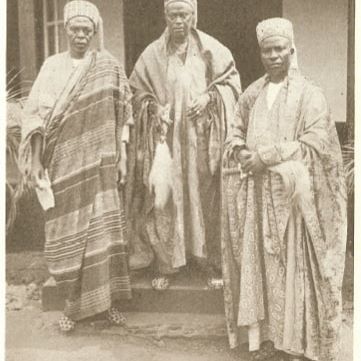
The Owu people immediately attacked the Ijebus; they heard of their approach but met fierce resistance as the Ijebus were now better armed.
The Ijebus was attacked the second time, causing havoc on the Owu’s army.
Third time, the Ijebus and the Ifes attacked the Owu people, but at this time, the Owus have moved out of dariagbon where the majority of the Owus were concentrated.
The Owus were isolated after this. No villages wanted to trade with the Owu people until Ikija befriended the Owus; however, Ijebus and the Ife attacked and destroyed Ikija for supporting Owu.





